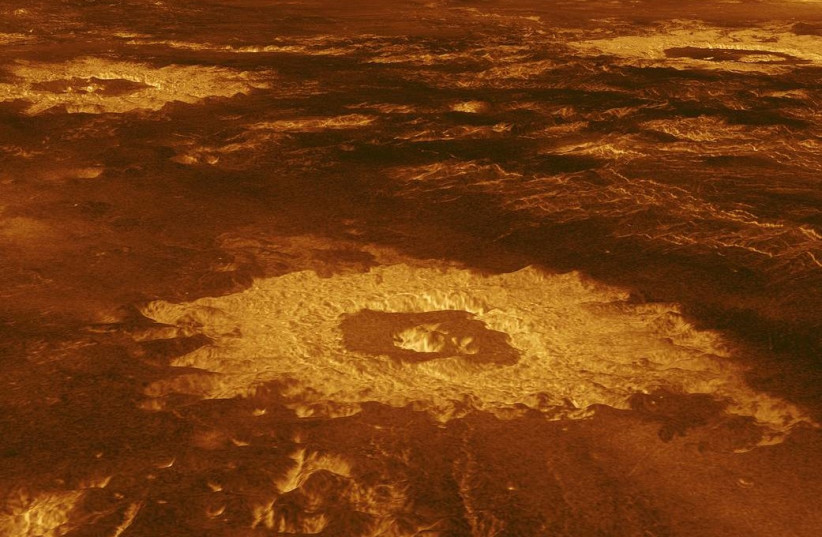Mysterious flashes on Venus may be meteors, not lightning
A new study suggests that the mysterious lights within the gas giant’s swirling clouds are in fact meteors burning up in the planet's atmosphere.
The clouds of Venus are occasionally illuminated by mysterious flashes of light, which researchers previously thought maybe lightning. However, a new study suggests another possibility.
The study, published in the ‘Journal of Geophysical Research: Planets’, suggests that the mysterious lights within the gas giant’s swirling clouds are in fact meteors burning up in the planet's atmosphere.
In 2007, NASA said that Venus might have more lightning than Earth. However, the study notes that lightning on Venus is "ubiquitous, rare, or non-existent, depending on how one interprets diverse observations."
Lightning on Earth is monitored by detecting naturally occurring radio waves and missions to Venus conducted by Europe, the US, and the former Soviet Union all detected signals believed to be lightning.
Later missions like NASA's probes Cassini and Parker Solar “searched for but failed to find radio signals from lightning," according to the new paper.

Venus' vicious atmosphere
Instead, researchers now think the signals may be indicative of meteors burning up in the planet's "hellish" atmosphere.
Venus is the the hottest planet in our solar system with a thick, toxic atmosphere filled with supercritical carbon dioxide and opaque clouds of sulfuric acid.
The researchers counted the number of flashes observed at both the Steward Observatory and Japan's Akatsuki orbiter and an estimated 10,000 to 100,000 flashes were observed per year, with researchers concluding that they resemble potential meteor strikes.
The researchers explained that the unique makeup of the planet's atmosphere could be why the fireballs burn bright enough for them to be detected.
Such studies are important for planning future missions to Venus, especially since the recent detection of a possible active volcano on the planet's surface shows the world may still be geologically active.



No comments:
Post a Comment